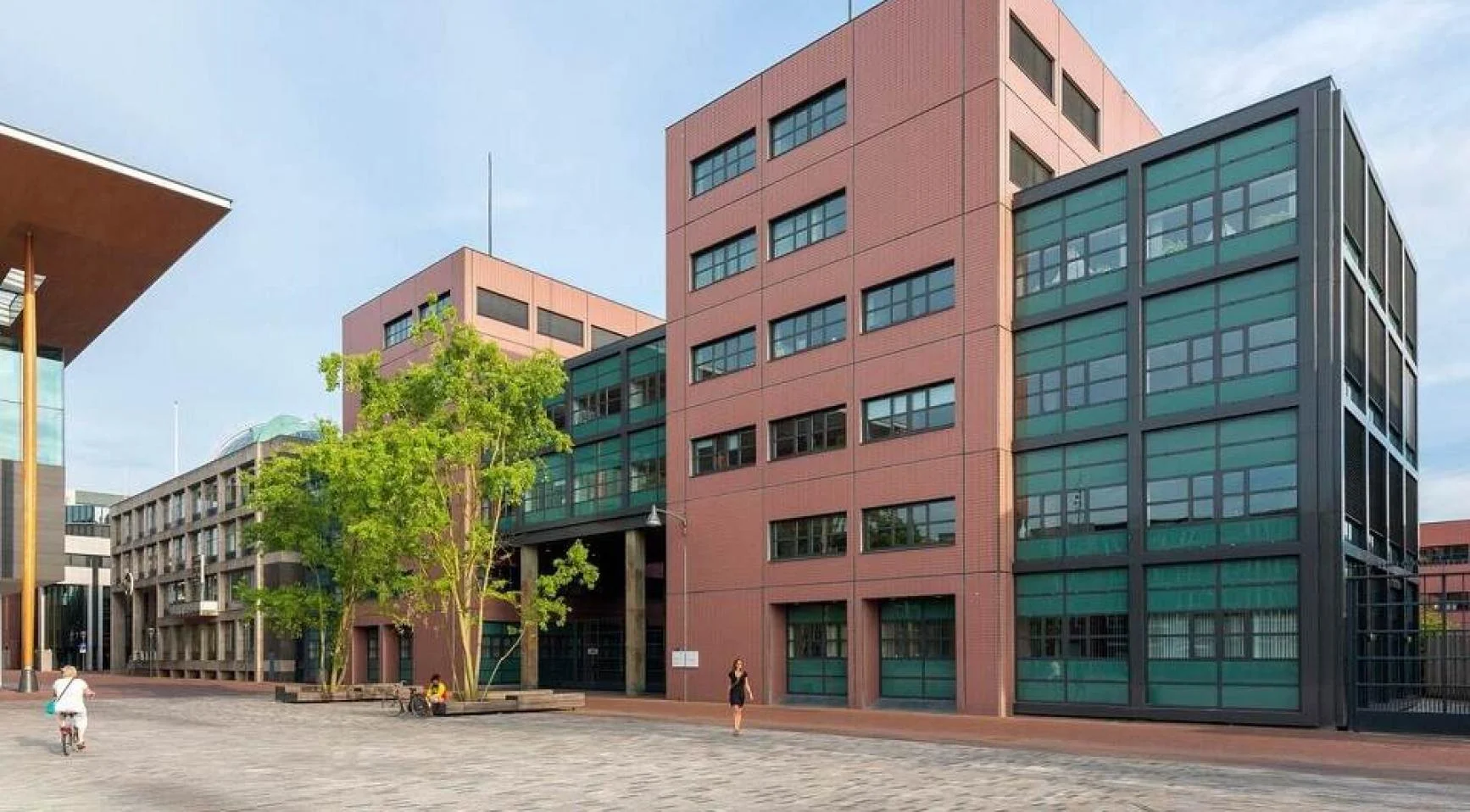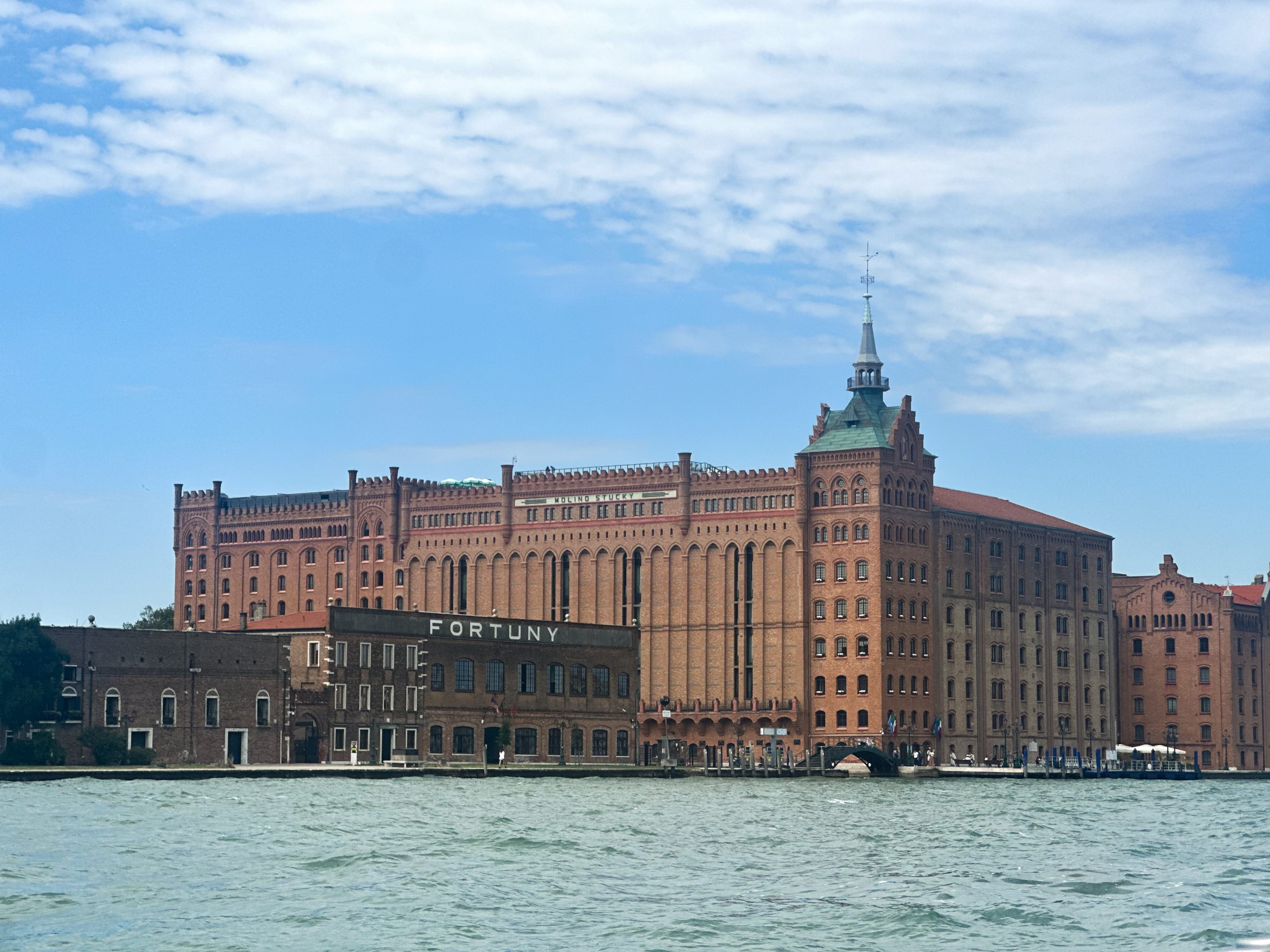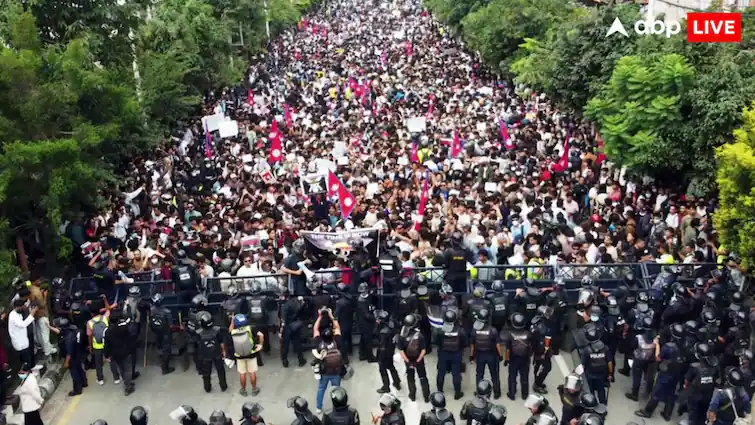By Irene Medina
Copyright trinidadexpress

I worked as a temporary clerk in the much-maligned Unemployment Relief Programme (URP) in March/April of 1993. It was for a brief period, maybe two or three fortnights. The pay was $65 a day—$650 a fortnight.
Meagre, but at the time it kept the wolves at bay for me and my family. In 1993, I was already an accomplished reporter, but months earlier I had resigned from a daily newspaper on principle and was pursuing new jobs prospects. With my marriage on the rocks, five mouths to feed and bills to pay, the URP was my saving grace at that specific moment in my life. I welcomed it, as I would have if I were working in the Office of the President.
And even though the salary structure was designed so that I was not immediately paid for my first fortnight’s work since I had to have “two weeks inside”, I was patient. A relook at my journal (yes, I kept a diary) reminded me that my temporary URP job entailed working in an office transferring information from work rosters to a permanent record book. That experience in 1993 reminded me that the URP was designed to provide relief for vulnerable people in need of immediate support…and then we move on.
So what has happened to that structure? Obviously, the workers did not change the structure. It was the managers and the respective governments of the day, whether PNM, NAR, UNC. If we use this logic, then all must share the blame, not the workers.
That period at the URP also taught me humility. It taught me there is no shame in making an honest dollar. According to my journal, two months into the URP stint, I received a call to attend a meeting at the CPO’s office to discuss a job I had applied for at the Ministry of Public Administration, which was under the Office of the Prime Minister. The late Gordon Draper was to be my new boss.
I don’t profess to know all the inside workings of the URP, or CEPEP or Reafforestation programmes, but these avenues were created with noble intent. Nowadays all one hears about is “corruption” and “ghost gangs” and “PNM criminals”, but we should be reminded that real people populate these programmes.
And for a single parent, in 1993, being able to access a temporary job in the URP allowed me to make safer decisions to find legitimate money to feed my children. It threw me a lifeline.
Restructuring and weeding out so-called ghost gangs is necessary, but why should ordinary workers be punished for mismanagement or inefficiencies, and alleged fraud by URP bosses? Why should they be labelled PNM criminals?
The same broad-brush accusation of corruption was levelled against CEPEP by the Government and, worse yet, regular, ordinary workers were dismissed as “a nation of grasscutters”. This made a great soundbite, but humiliated an entire cadre of workers who keep our public spaces clean and safe.
One of the most awesome memories I have from a recent visit to Toronto was the pristine upkeep of parks and green spaces. Those little green oases provided comfort and beauty in an otherwise concrete cityscape.
Clearly the Canadian government understands that those people who cut the grass and plant trees and flowers are really custodians of nature, creating beautiful and safe places for families.
My position is a very simple one: political parties and governments of the day should always seek to put people first. Rampant and indiscriminate firings are not the answer.
Governments in general should cease the harsh campaign rhetoric designed to embarrass and dehumanise the poor and simply get on with the job of developing and enhancing people’s lives.
Consideration must always be given to the most vulnerable, and as we tweak and fix, and dismiss and spew hateful words at each other, let us always strive to use political power, entrusted to us by the people, not as a whip but as a wand to inspire fresh ideas and dreams, and to ignite a people’s passion and creativity to be better human beings.
—Author Irene Medina is an alderman with the Arima Borough Council.



